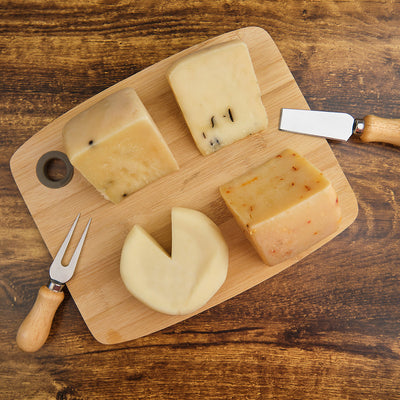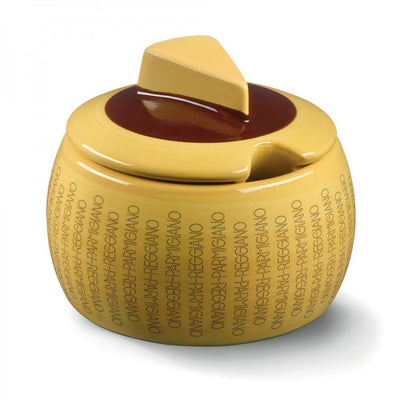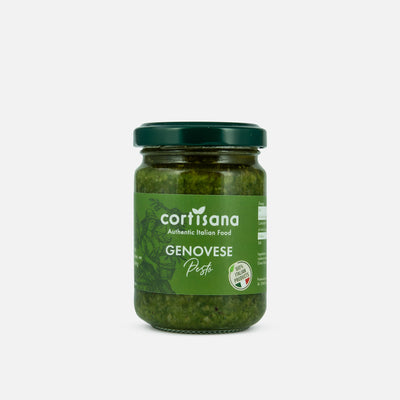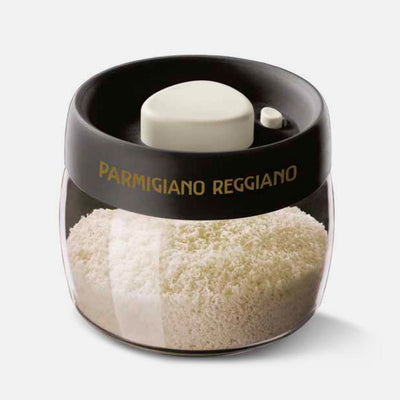WHAT MAKES A QUALITY EXTRA VIRGIN OLIVE OIL
The quality of an oil, obviously, depends chiefly on the olive: the variety, the area in which it is cultivated, the agricutlural techniques applied, any possible infestation and the harvesting techniques carried out all make an enormous difference to the quality of the oil obtained.
However, the mill also plays an important role in quality; from the same olives it is possible, in fact, to obtain very different oils depending on the milling process adopted or the choices made by the operator.
It may seem obvoius to say but a mill can ruin even the best olives. For example, the mill may not be clean or the olives not crushed for the right amount of time, to name but a few of the many, many possible reasons.
Nevertheless, the choices made by the mill operator has a huge bearing on the characteristics of the resulting extra virgin oil, which, on a par with quality, can result in oils with differing levels of fruitiness, piquancy, sweetness or bitterness...
From this point of view, the key stages in the milling process are the grinding of the olives (the process by which the olives are reduced to an homegenous paste), the malaxing (mixing) of the paste and the process of oil extraction.
























Leave a comment